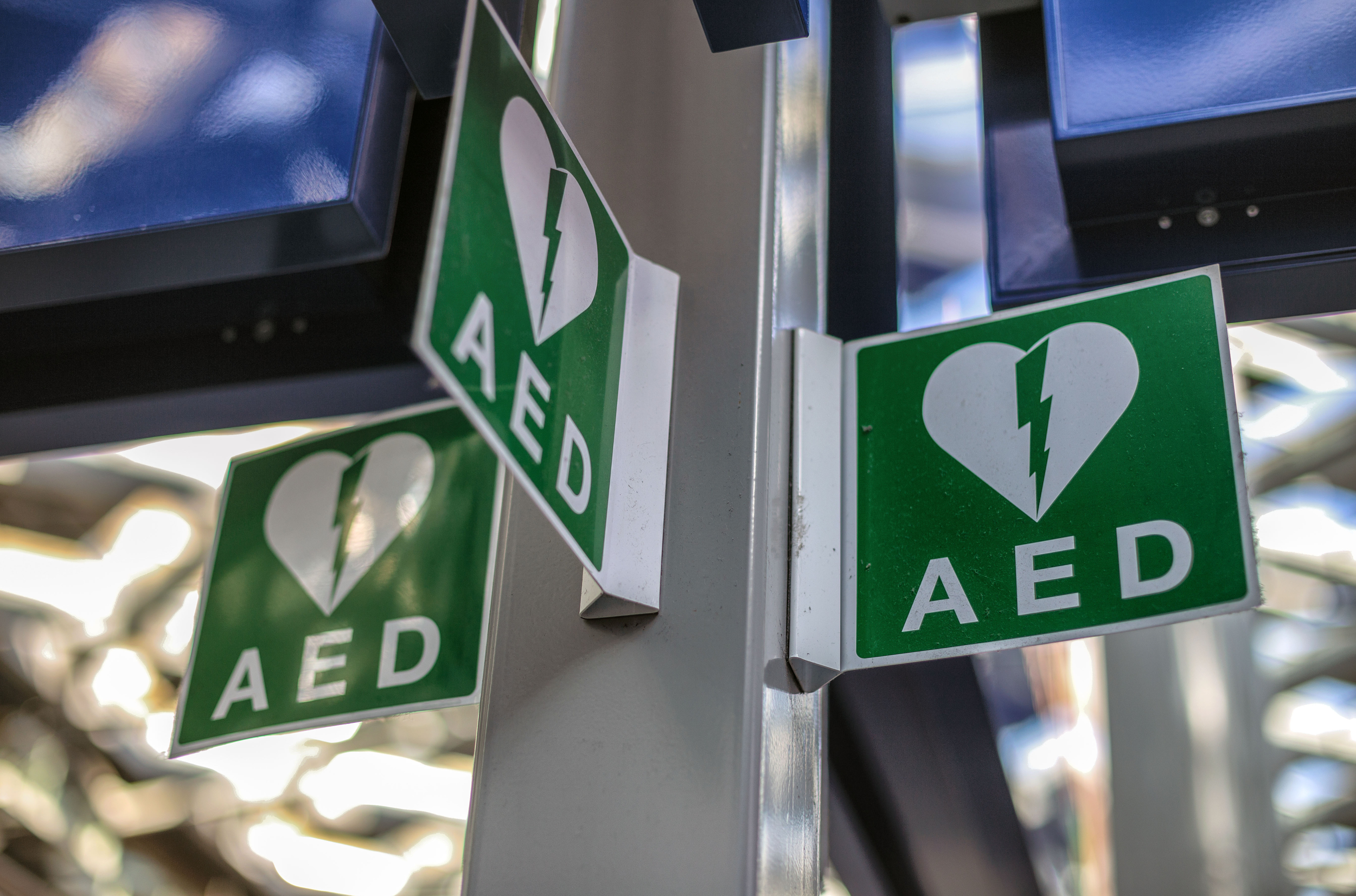Importance of maintaining Automated External Defibrillators (AEDs)
It is important that businesses comply with First Aid Codes and Regulations under OHS legislation. In doing so, this is a reminder of the importance to properly maintain Automated External Defibrillators (AEDs) in the workplace.
There are many risks arising from a lack of maintenance of AEDs at workplaces such as flat batteries in workplace AEDs, expired or missing AED pads, AEDs not being visible or accessible when needed, and AEDs failing to operate.
WorkSafe notes that a person conducting a business or undertaking (PCBU)'s primary duty of care under the State Work Health and Safety Act 2020 extends to providing first-aid equipment, ensuring all workers can access the equipment and facilities for administering first aid, and ensuring an adequate number of workers are trained to administer first aid.
As an AED is deemed a quick and effective response to a cardiac arrest, it is imperative that PCBUs must ensure the equipment is maintained in accordance with the manufacturer's specifications, check pads and batteries regularly, replace pads after they are used, and ensure AEDs are located in accessible areas with clearly visible signage.

